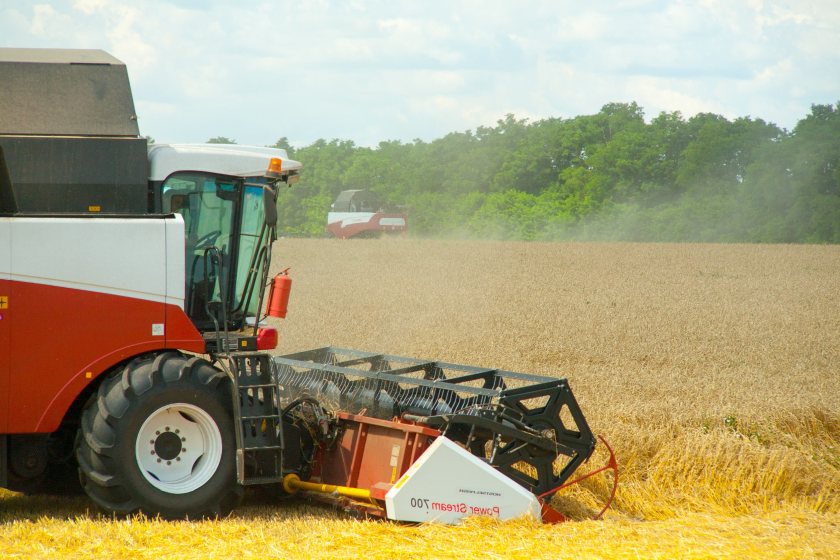
A tariff of up to 50% on Russian and Belarussian grain imports has been proposed by the European Commission to combat the risk of market destabilisation.
The proposal seeks to prevent the risk of destabilisation of the EU market through potential future redirection of Russian grain into the bloc, including by Belarus.
The new tariffs are designed to be high enough to discourage current imports. Depending on the specific product, they will increase to either €95 (£81) per tonne, or to an ad valorem duty of 50%.
In addition, Russia and Belarus will no longer have access to any of the EU's WTO quotas on grain that offer better tariff treatment for some products.
The increased duties will apply to imports of cereals, oilseeds and derived products from both countries.
It comes after the European farming industry has expressed concerns about the risk of market destabilisation, as have a growing number of EU Member States.
European Commission president, Ursula von der Leyen, said: "We propose the imposition of tariffs on these Russian imports to mitigate the growing risk to our markets and our farmers.
"They will reduce Russia's capacity to exploit the EU for the benefit of its war machine. And we maintain our commitment to preserving global food security, especially for developing countries.
"We are striking the right balance between supporting our economy and farming communities. At the same time, we maintain our unyielding support for Ukraine."
The proposal will now be considered by the Council of the European Union. Once adopted by the Council, the tariffs will immediately be applied.
